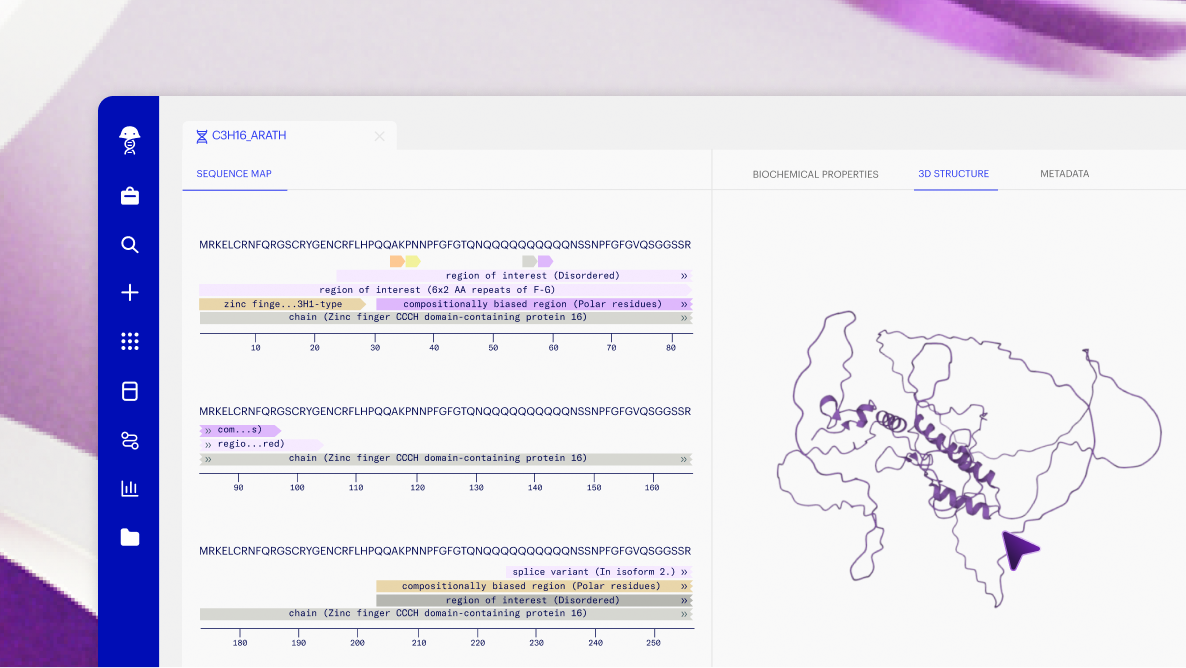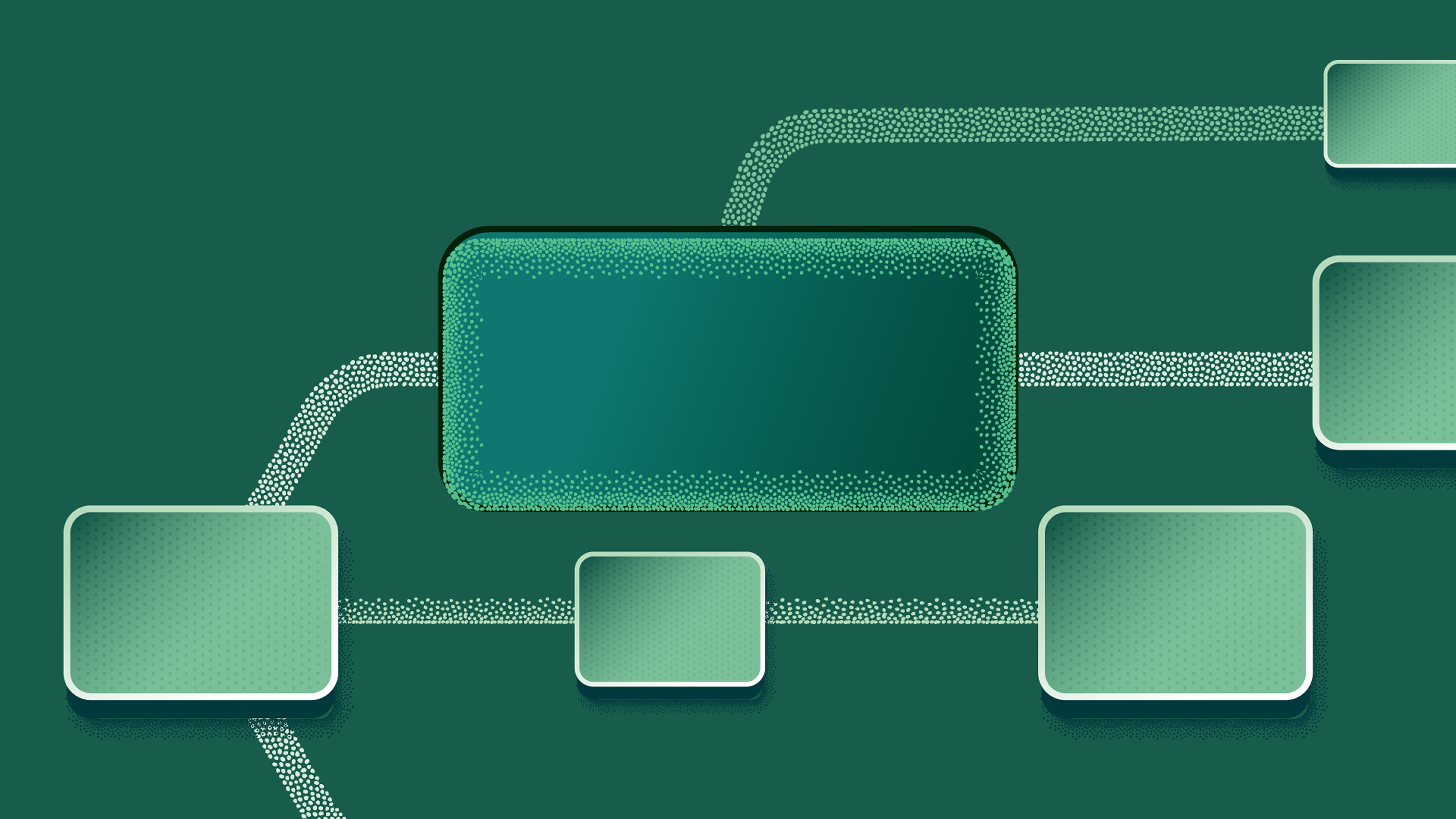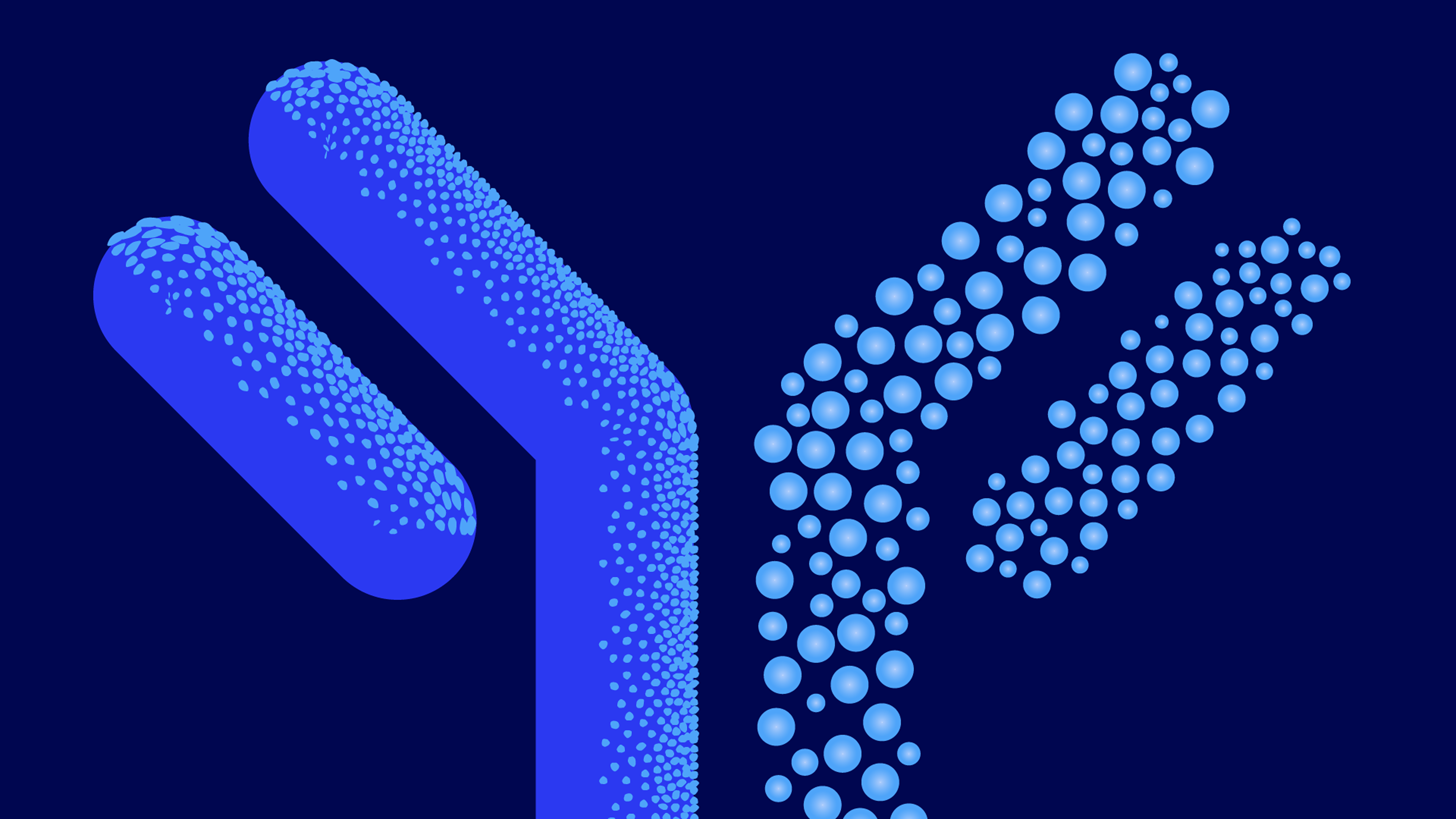AI tools for the modern lab

The future of scientific work is here with Benchling AI. We’re excited to introduce two exciting additions to the Benchling Platform: AI Agents and Models — designed to accelerate workflows, reduce toil, and unlock insights from your scientific data.
Benchling Agents bring AI-powered support to every stage of research. With tools like the Data Entry Agent, Compose Agent, Ask Mode, and Deep Research Agent, scientists can document experiments, clean and organize legacy data, quickly find answers across notebooks and results, and generate comprehensive reports. Additional AI capabilities like SQL Writer and Notebook Check take this further by helping scientists save time on everyday tasks and ensure data quality. Together, Benchling Agents make it faster and easier to move science forward.
While Benchling Agents help scientists capture and reason over their data, Benchling Models take the next step by helping them predict what comes next with predictive AI embedded directly into R&D workflows. Scientists can now access and run pre-trained models for tasks like protein structure prediction and binding affinity directly within Benchling, providing secure, real-time insights that connect seamlessly with your existing R&D data.
Together, Benchling Agents and Models make AI a practical lab partner by helping scientists write, analyze, and interpret their work right where their data lives.
Benchling Agents
Write up experiments in seconds, not hours, with the Compose Agent
The lab notebook of the future should free scientists from the burden of manually documenting everything they do. Meet the Compose Agent, Benchling’s new chat-based agent that makes documenting experiments faster and easier than ever. With simple conversational inputs and uploaded files, scientists can instantly turn protocols, handwritten notes, or attachments into structured notebook entries and templates.
The Compose Agent can:
Organize experimental data
Extract information from uploaded notes
Draft a notebook entry for your experiment
Create a notebook template from an image of a protocol
The goal is simple: free scientists from time-consuming documentation so they can focus on discovery. By automating one of the most common bottlenecks in the lab, the Compose Agent is an early glimpse into how Benchling AI is reshaping scientific work.
Now available in preview.
Turn unstructured files into clean, usable data with the Data Entry Agent
The new Data Entry Agent streamlines one of science’s most tedious tasks — converting messy, unstructured data into clean, structured information. Simply upload a PDF, Word document, or spreadsheet, and the agent goes to work, orchestrating a complex sequence of LLM calls to plan, process, and verify your data across multiple models.
Built through months of iteration with customers, the Data Entry Agent transforms what once took hours of manual, error-prone work into a process that happens in minutes. By automatically extracting and structuring data from CoAs, legacy spreadsheets, and other sources, it frees scientists to focus on higher-value work like designing experiments and interpreting results. The result is less toil, faster workflows, and greater confidence in your data as the foundation for discovery.
Now available in preview.
Ask mode — a faster, conversational way to explore your data
The new Ask mode lets scientists quickly get answers from their experiments, results, projects, and studies all in just 30–60 seconds. With a conversational interface, Ask extracts information from unstructured text, like Notebook entries or attachments, and combines it with structured data, including entities and results, to provide concise, citation-backed answers.
Built as the default mode for Benchling AI, Ask is designed for speed and relevance, giving teams just the information they need to make decisions quickly. Need deeper insights or comprehensive reports? With a one-click toggle, Ask seamlessly transitions to Deep Research mode for more advanced exploration.
Now available in preview.
Find insights and answer complex questions with the Deep Research Agent
Imagine being able to ask a question and instantly draw on years of experimental results, lab notebook entries, study reports, and scientific publications. The Deep Research Agent makes this possible by connecting information across your Benchling tenant and contextualizing it with public knowledge — all while keeping your proprietary data secure.
Deep Research helps scientists validate findings, uncover hidden connections, and generate new ideas by surfacing insights grounded in the full context of past experiments. It acts less like a research assistant and more like a collaborative co-scientist, one that can reason across years of data and literature to help you inform what comes next.
Here’s how scientists are already using the Deep Research Agent to answer complex questions in minutes, rather than days:
Tracing experimental lineage of a protein, cell line, or viral vector — all in a single report that links to key experimental data
Synthesizing project updates with a single prompt, pulling from relevant notebook entries, requests, and more
Generating comprehensive reports that combine historical and current study data for review or collaboration
Now available in preview.
In addition to our agents, Benchling offers a range of AI features across the platform that automate manual time-consuming busywork, making everyday scientific work faster and more efficient. SQL Writer lets scientists query complex data using plain language, turning data into insights without needing advanced SQL skills. Notebook Check reviews entries for completeness and accuracy, improving data quality and reducing human error. Together, these tools reduce manual effort and accelerate decision-making.
Benchling Models
Benchling Models give scientists a single, centralized place to connect experimental data with the world’s most advanced scientific models. No more juggling external integrations or importing and exporting files.
With seamless integration for structure prediction and molecular analysis, scientists can generate key insights, such as how a sequence might fold or behave and even compare results across multiple models, without ever leaving Benchling. Benchling Models bridge the gap between experimental and computational science, helping scientists create the medicines of tomorrow with cutting-edge molecular tools.

Now available through Benchling Models:
Chai-1: A multi-modal foundation model for molecular structure prediction that performs at the state-of-the-art across a variety of benchmarks.
Boltz-2: A biomolecular foundation model that jointly models complex structures and binding affinities.
AlphaFold2: DeepMind's breakthrough model predicting 3D protein structures from sequence for faster design and analysis
Try it out for yourself.
Ready to see Benchling AI in action? Visit benchling.ai or enable it in your admin console. Start exploring today and see what AI can do for your lab.
For customers: Details on how to activate Benchling AI, along with information on data protection and security, are available on the help page.



